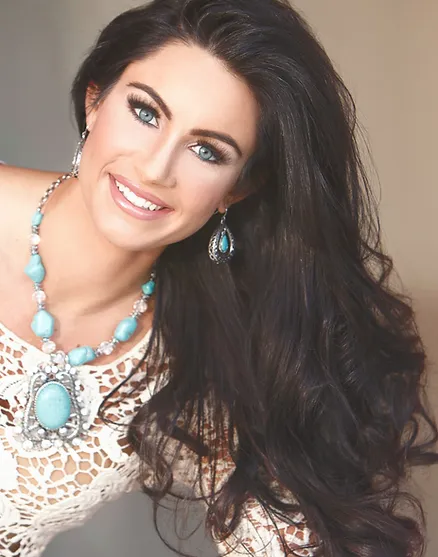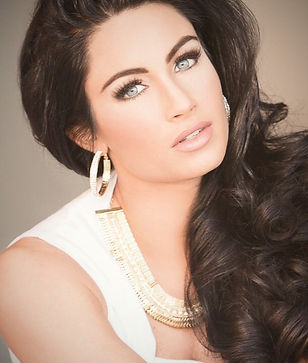About Author
About Author
Emily Hargrove
At one year of age, Emily Hargrove was diagnosed with fetal alcohol syndrome, a life-long, full-body diagnosis from a Vanderbilt Clinic. Although she received a grim prognosis from doctors and was told she would likely never succeed in school, believing God always has something bigger for each of us, she decided to become more than a statistic. She now uses her voice to empower others who, too, have felt disenfranchised and her God-given love of learning to research the very thing with which she has been diagnosed.
As a member of the International Adult Leadership Collaborative of the FASD Changemakers (ALC), Emily Hargrove has the honor of partnering with changemakers across the globe, building partnerships and alliances that aim toward strengthening the voices of adults with fetal alcohol spectrum disorder (FASD) and creating environments that cultivate inclusion and success while mitigating stigma. In 2020, Emily co-authored an article published in the Routledge Handbook of Social Work and Addictive Behaviors on the chronic healthcare implications of adults with an FASD. Since 2008, Emily has traveled as an educator, self-advocate, and speaker presenting to various local, state, national, and international audiences sharing her personal story of adoption, faith, FASD, and resiliency as well as research. She is a founding member of the first national self-advocacy network, Self-Advocates with an FASD in Action (SAFA), and is a former expert panel member for SAMHSA’s FASD Center for Excellence, co-authoring treatment and intervention protocols implemented throughout the United States. Partnering with state affiliates of FASD United (formerly NOFAS) as well as the Arc of the United States, Emily has developed and facilitated presentations and training for various audiences for 15 years. Currently, along with fellow ALC members, Emily is partnering with the University of Rochester to develop an app with an aim to help adults with FASD manage their health. The ALC’s second study on FASD and quality of life is being considered for publication.

Emily graduated Summa Cum Laude with a Bachelor’s in Psychology and Counseling and minoring in Christian Ministries (B.S.), holds a Master’s of Philosophy in Psychology (M.Phil.), and presently, is a Doctor of Philosophy in Psychology (Ph.D.) candidate with a dissertation focus on FASD and spiritual development. Emily is a certified affiliate and member of the American Philosophical Practioner Association (APPA) as a philosophical counselor. For five years, she volunteered as a mentor and group facilitator at a family crisis center where she was able to put into practice her training in child sexual abuse counseling, post-abortive counseling, and the L.O.V.E. Approach.
Serving alongside her husband, Jace, as the next-generations pastors at their church, they are fervent about lighting the fire within their students. For many years, Emily was able to use her love for the Spanish language and heart for the people of Mexico returning to the same village on mission. Serving on a local Miss America Scholarship Pageant board, Emily has a passion for leading other young women to lead through fostering interview skills, resume building, and instilling the value of service. She enjoys playing classical piano and Native American flute. Growing up on a farm, Emily is enamored with all things outdoors, particularly horseback riding. In her spare time, when she is not working on her dissertation or wrestling with her fun-loving one-year-old, she enjoys studying complementary and alternative approaches to well-being. This can be evidenced in her professional work as a chiropractic assistant/massage therapist, to a passion for Native American/holistic remedies, and to her pursuit of philosophy as a mode of healing.
